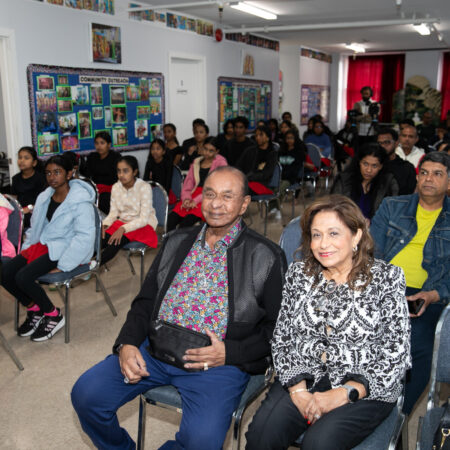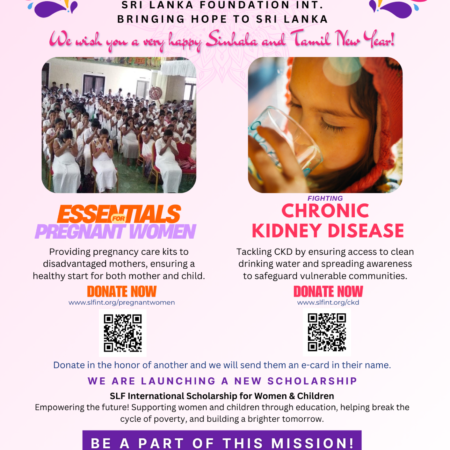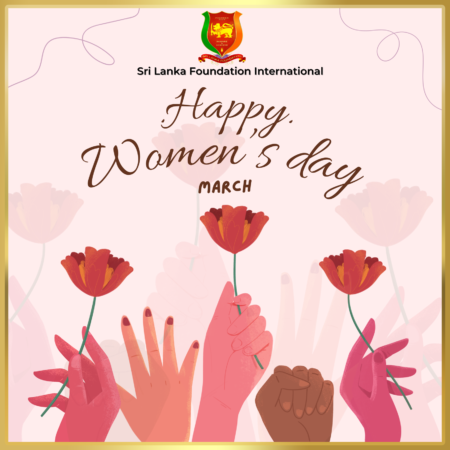The ‘Future-Ready Youth Leadership Programme’ at the National Centre for Leadership Development in Embilipitiya, a historical event in the history of the University System of Sri Lanka, which began on March 10 with the participation of over 250 Vavuniya University students will continue till March 16.
Prof. Shanti Nandana Wijeysinghe, Member, Standing Committee for Social Reconciliation, University Grants Commission, Chairman, Education, Research and Training, Centre for Social Reconciliation, University of Vavuniya, and Member, Presidential Task Force, addressed the gathering.
The event is the first leadership workshop for university students and was held at the National Centre for Leadership Development under the Ministry of Youth and Sports.
“After 30-years of conflict, there has been no complete social reconciliation in the community. So, it is possible to prepare future leaders through national unity by bringing about reconciliation at the community level,” Prof. Wijesinghe said.
“The first Social Reconciliation Centre was inaugurated by the President at the University of Vavuniya on February 11 when the 17th University of Sri Lanka, University of Vavuniya. “The Social Reconciliation Centre to be set up in all Sri Lankan universities covers areas such as education, research and training. In addition, the university will start a programme to improve the education of students who are unable to enter the courses and issue relevant certificates, which will help to further improve higher education for youth. It is noteworthy that these Centres will be established in all the universities in Sri Lanka.
“Tamil, Sinhala and Muslim students from the University of Vavuniya are also participating in the one-week training programme on leadership, empowerment, entrepreneurship and reconciliation. I hope this training will prepare them for the challenging world and move forward with leadership to break down the barriers including ethnicity, religion, caste and class.
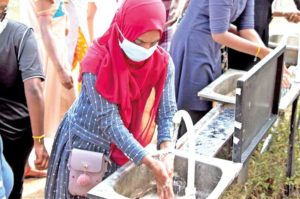
Health Regulations were emphasized as Undergraduates of the University of Vavuniya followed the Future-Ready Youth Leadership Programme in Embilipitiya.
“Our goal is to develop Sri Lankan youth as global leaders in keeping with the Millennium Development Goals (MDGs) through the Centres for Social Reconciliation. There are several programmes including Diploma/BA/Masters in Peace and Development Studies, and Certificate Courses in Women in Politics and in Media. Sri Lanka’s university system teaches perspectives, theory and concepts, but not the skills to practically apply them. Soft skills are not developed through university education. We expect to address these deficiencies through the projects conducted by the Social Reconciliation Centres.
“President Goatabaya Rajapaksa recently made two revolutionary changes in university education. He established a Department of ICT in all the Faculties of Arts equipped with Computer Labs, Human Resources, Broadband Internet facilities and other infrastructure facilities.
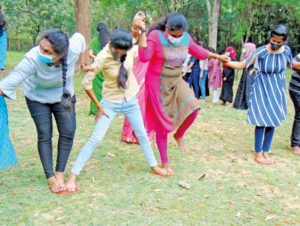
Undergraduates of the University of Vavuniya who followed the Future-Ready Youth Leadership Programme in Embilipitiya were put through various activities including outdoor exercises
The other was to establish Social Reconciliation Centres (SRC) at all universities together with a Standing Committee on Social Reconciliation at the UGC. These steps were taken to convert the prevailing negative peace with doubts, prejudices, fear and mistrust to positive peace where all would have access to equal opportunities and resources. These changes have been made to meet the challenges as Asia prepares to take over global power by the year 2050 as Sri Lanka has the potential to give leadership to the socio-economic and political revival in Asia. A situation that is expected to be consolidated by the year 2100,” said Prof. Wijesinghe.
The Secretary of the Ministry of Youth and Sports, Mr. Anuradha Wijekoon was present on the occasion together with Prof. Premakumara de Silva, Chairman, Standing Committee on Social Reconciliation, the University Grants Commission, Ms. Prarthana M. De Mel, Director/Research and Training, World University Friends, and Dr. T. Mangaleswaran, Vice Chancellor, University of Vavuniya who participated via the ZOOM platform. Mr. A.B.M. Ashraf, Director, and other officials of the National Centre for Leadership Development were also present.
For more information go to:http://www.dailymirror.lk






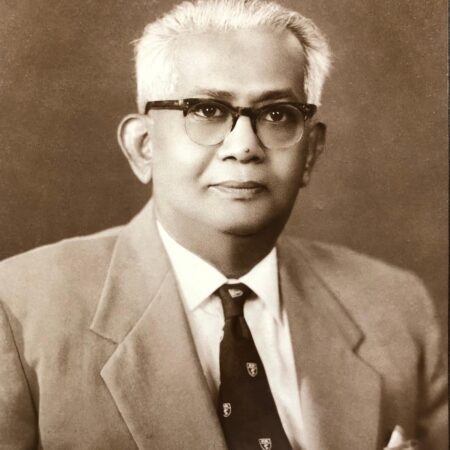
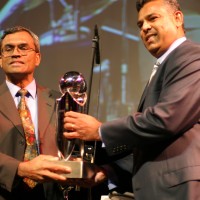



![TV-Poster-All-Exhibition-Sri-Lanka-in-Focus-USA-2025[1]](https://www.srilankafoundation.org/wp-content/uploads/2025/04/TV-Poster-All-Exhibition-Sri-Lanka-in-Focus-USA-20251-450x450.jpg)
